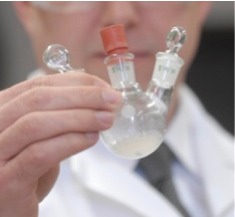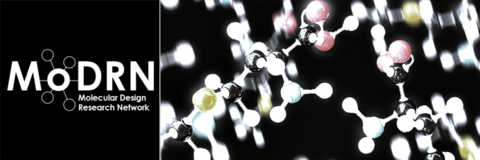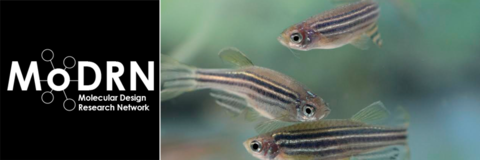Rational Design and Development of Safer Chemicals
May 21st, 2014
Posted by ACS Green Chemistry Institute® in Green Chemistry: The Nexus Blog
Contributed by Dr. Karolina Mellor, Program Manager, Center for Green Chemistry & Green Engineering at Yale

For many years chemists have designed chemicals and materials to have defined functions. Most scientists feel comfortable with the challenge of designing a material to have a particular color, or flexibility, conductivity, durability, and so on. Although advancements have been made to enable enhancements in many different chemical functions, it is still a struggle to design chemicals that are less toxic to humans and have minimal environmental impact.
Molecular Design Research Network (MoDRN) is a recent initiative that will help scientists expand their molecular design “toolbox” by helping anticipate the potential toxicity of commercial chemicals. MoDRN is developing as a collaboration between four universities - Baylor University, George Washington University, University of Washington and Yale University, - with the goals of advancing our understanding of chemical hazards and enabling rational design of safer chemicals in the future.
The primary aim of the collaboration is to develop computer software that will assess physicochemical properties that are linked to different toxic endpoints. Using these relationships, scientists will be able to more easily screen for potential hazards to humans or the environment. The software approach will allow more rapid screening of chemicals with structural modifications, promoting a new generation of molecules that are less hazardous while preserving their efficiency. Ideally, this pre-screening approach would significantly reduce the financial and ethical costs associated with in vivo and in vitro screening.
The MoDRN also recognizes the need to bridge disciplines in order to advance the science. The project will engage scientists, educators, and policy makers to promote tools for sustainable molecular design that can meet industry needs and be adopted by future generations of chemical practitioners. With this mission in mind, the MoDRN approach aims to facilitate the design, discovery and development of new chemical alternatives to secure a better tomorrow.
To find out more about MoDRN, visit their website, or come met their team at the 18th Annual Green Chemistry & Engineering Conference, June 17-19 (gcande.org), where they will be part of the Green Expo.








